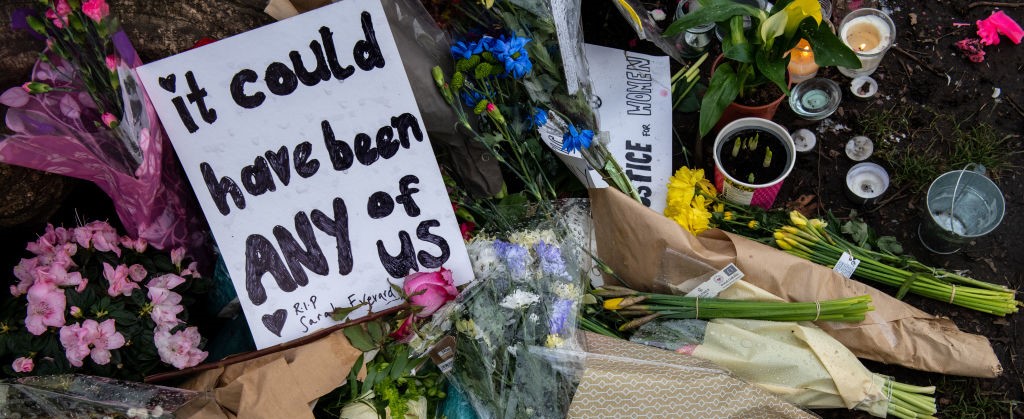Pay gap revelations?
Despite the enormous strides women have made in gaining gender equality, the dream of equal pay for equal work is still far from becoming a reality.
The pay gap between men and women remains stubbornly high at almost 20 per cent. And this average figure obscures more alarming gender pay gap trends among different occupations and work arrangements.
For example, in management, the gender pay gap between men and women is 25 per cent, before even taking into account men’s bonus payments, which, according to the Chartered Management Institute, are double that of women’s.
In occupations in skilled trades, such as chefs and electricians, the pay gap is also much higher than the average, at close to 25 per cent.
The UK has the sixth largest pay gap in the European Union, and a study found last year that women would have to work until the age of 80 to be able to earn the same as men over their working lives.
Turning point
But tomorrow (March 11) could signal the beginning of a new era. After strong campaigning from Unite, in conjunction with Grazia and other campaign groups, an amendment that will force businesses to reveal their internal gender pay gaps is on the verge of being made into law, as it is debated in the House of Lords tomorrow. If successful, it could go into effect in as little as 12 months.
The amendment will enforce section 78 of the Equal Pay Act 2010, which requires business with more than 250 employees to report the differences in average pay between their male and female workers. Businesses that don’t comply could face a fine of up to £5,000.
The road to pay transparency was not an easy one. In 2010, the coalition government refused to make section 78 enforceable, and instead opted for a scheme in which businesses would disclose their pay gaps voluntarily.
But five years on, the scheme, called Think, Act, Report, proved to be a failure – of the 200 companies which signed on, only 5 companies eventually published their pay gaps.
In December, a private members bill to give section 78 teeth was tabled at the House of Commons and passed by an overwhelming margin – 258 to 8.
Still, the backing of the coalition government was to have been necessary and seemed unlikely until last week, when it finally caved into pressure and took a U-turn by committing to introducing mandatory pay audits.
Now, the amendment is expected to be rushed through Parliament as it is debated in the House of Lords, with many peers expected to vote in favour.
Labour’s shadow minister for women and equalities Gloria de Piero called the recent turn of events “fantastic news,” but criticised how long the process has taken.
“Why have [women] had to wait so long? Labour passed this law in 2010 but the Tories and Lib Dems ditched it,” she said. “That’s five wasted years when we could have seen real progress to close the gender pay gap.”
Stay tuned on UNITElive as we announce the outcome of the House of Lords debate tomorrow.
 Like
Like Follow
Follow

